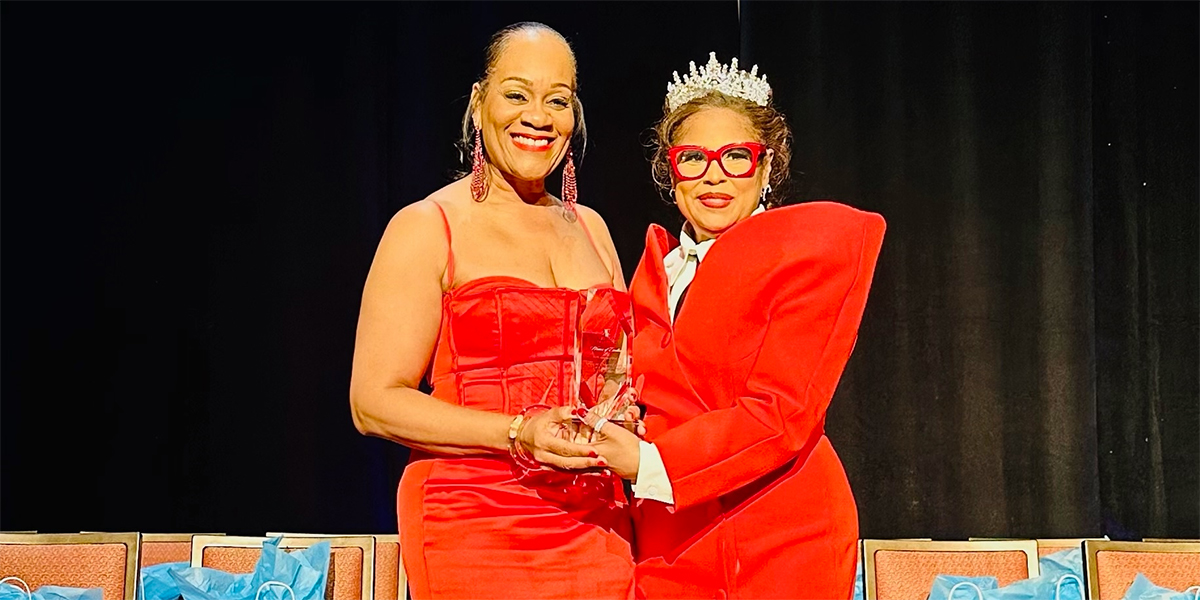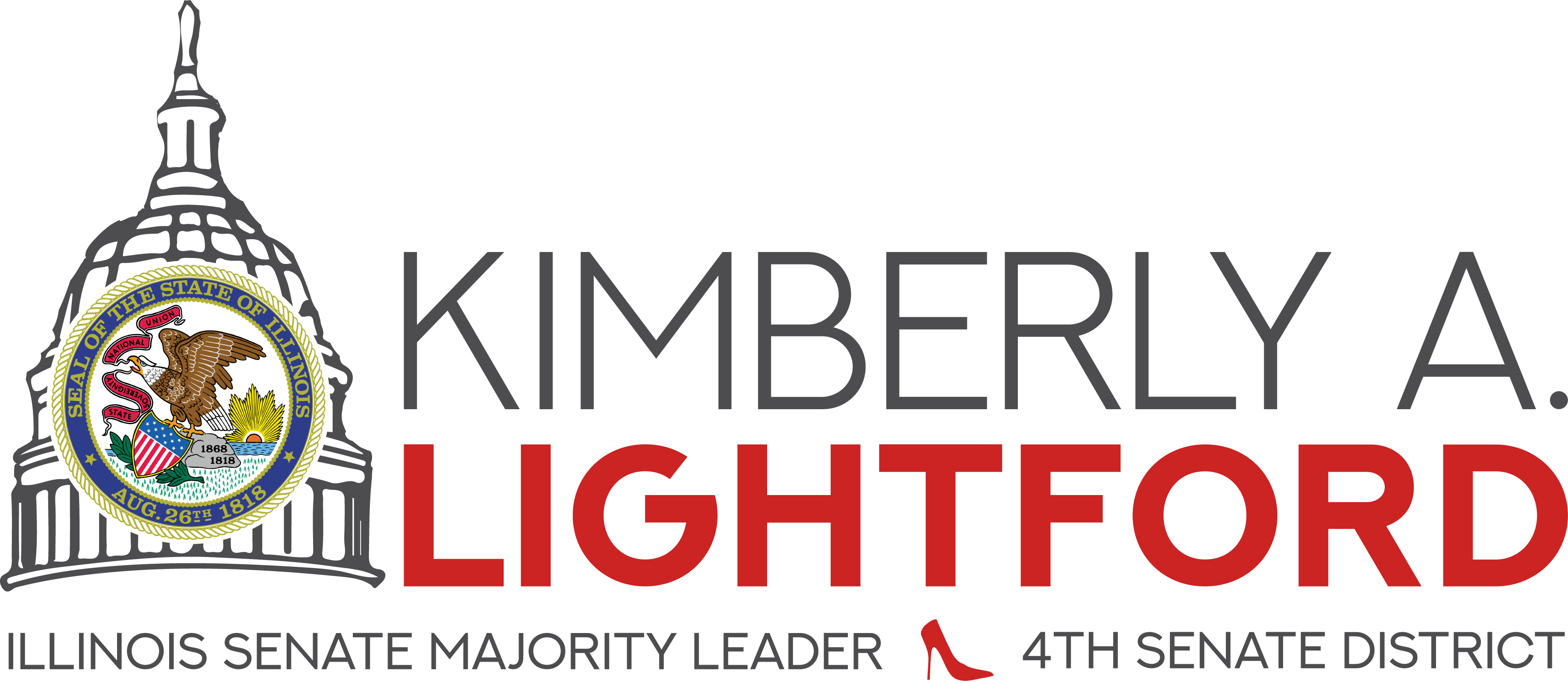Become a CSU Rise Scholar
- Details
- Category: News

What is a Rise Scholar and how do I join?
All full-time freshmen students who successfully complete Rise Academy are designated as Rise Scholars, and receive a full tuition and fees scholarship for the 2020-21 academic year. It is simple to become a Rise Scholar. First, apply for undergraduate admissions for fall 2020. Second, once you are admitted to the university, register for Rise Academy. For any questions on getting started, contact our Admissions Office at 773-995-2513 or by emailing
Rise Scholar Benefits
Scholarship: Rise Scholars receive a full-tuition and fee scholarship after accounting for grants and scholarships for the academic year 2020-21 starting in the fall. Textbooks and the campus health care plan are included.
Personal laptop: Chicago State will provide each student with a personal laptop to use during their undergraduate years. Internet access is also covered.
College community: Spend time getting to know your college classmates, your professors, and advisors and other people on campus who can help support your college journey. We are excited to get to know you and welcome you into your Chicago State University family!
Advising and workshops: Rise Scholars will stay on track with ongoing individual advising appointments and academic skills and career workshops through each semester. No Rise Scholar is alone: your advisor is there for all of your challenges and concerns.
More information: https://www.csu.edu/risescholars/
Lightford reinstated as ILBC Chair
- Details
- Category: News
SPRINGFIELD – Senate Majority Leader Kimberly A. Lightford (D-Maywood) has been reinstated as Chair of the Illinois Legislative Black Caucus after a vote that rejected her resignation that was submitted in May.
“Since I initially offered my resignation as Chairman of the Illinois Legislative Black Caucus, the world has changed.
“We find ourselves at a moment in time that will be well recorded in our history books. Black voices are at the front lines of a movement demanding an end to systematic racism and oppression across our country, sometimes putting their livelihoods, and in some cases their lives, in jeopardy.
“And here in Illinois we too have a historic opportunity before us to bring about change, but it will not last forever.
“I am proud that there are many young members and strong leaders who will be in a position to take the reins of leading our caucus in the near future, but for now I have agreed to rescind my resignation as Chairman. I’m humbled to accept the support of my fellow members to step back in as their chairman.
“Our caucus is more united today than ever. We are ready to work together and build a comprehensive plan to address laws and policies throughout state government that were built on a foundation of systemic racism and have disproportionately impacted the communities we serve.
“And while we are state senators and representatives, we are Black men and women first. We know better than anyone of the deep-seeded inequities that face our communities. The pandemic exposed deep cracks in our system for all to see, ones that we live with every day. Now we find ourselves at an unprecedented time where we can leverage the exposure of these deep cracks to bring about change during veto session and beyond.
“We are united in addressing four pillars of issues where change is desperately needed:
1. Criminal justice reform, violence reduction and police accountability
2. Healthcare and human services
3. Economic access, equity and opportunity
4. Education and workforce development
“I will be working to lead our caucus in developing this comprehensive plan and see it through veto session, while preparing to pass on the baton by the end of the year. I'm proud to have spent my legislative career fighting for change and taking on tough and difficult issues facing Black communities. This moment in time has renewed my passion for this kind of work in a profound way and I am very excited to get down to business with our caucus to see this through. I want to thank every member for the time they are committing to put into this work and for their graciousness in welcoming me back into this role.”
11th Annual Back to School Event
- Details
- Category: News
 Senate Majority Leader Kimberly A. Lightford (D-Maywood) is hosting a drive-thru back-to-school event at Brookfield Zoo on August 9 from 12 p.m. to 2 p.m. Youth must be present to receive materials.
Senate Majority Leader Kimberly A. Lightford (D-Maywood) is hosting a drive-thru back-to-school event at Brookfield Zoo on August 9 from 12 p.m. to 2 p.m. Youth must be present to receive materials.
Lightford applauds Pritzker investments in P-12 education
- Details
- Category: News
 CHICAGO – Senate Majority Leader Kimberly A. Lightford (D-Maywood) applauded Gov. JB Pritzker’s announcement Tuesday that he is dedicating $60 million in federal Governor’s Emergency Education Relief funds to support P-12 education.
CHICAGO – Senate Majority Leader Kimberly A. Lightford (D-Maywood) applauded Gov. JB Pritzker’s announcement Tuesday that he is dedicating $60 million in federal Governor’s Emergency Education Relief funds to support P-12 education.
The funds will help bridge the digital divide, protect the health and safety of students, and overcome barriers created by the COVID-19 pandemic.
“I have deep concerns about making sure our students can properly continue their education in the midst of a crisis we were unprepared for,” Lightford said. “I applaud the governor for identifying these key areas and guiding funds in the best interest of our most vulnerable children.”
Early childhood programs across the state will receive $10 million to support professional development, to help address the social-emotional needs of young children through Early Childhood Mental Health Consultation, and to launch a text messaging project to help parents support their children’s at-home learning. Preschool for All and Prevention Initiative programs in areas most impacted by COVID-19 will receive flexible funding to support home learning materials, personal protective equipment, technology and additional staffing.
K-12 schools will receive $50 million in three areas: closing the digital divide, training for educators and parents, and social-emotional supports for students.
“Closing the digital divide is vital for our students’ success, and it is going to take continued commitment,” Lightford said. “We need to ensure every student has an equal opportunity at a quality education, despite the challenges COVID-19 has presented, because we know these disparities are not new.”
Pritzker has announced an investment of $40 million to help close the digital divide so K-12 students can engage in robust and meaningful learning opportunities, whether in-person or at home. School districts will receive $32.5 million to purchase devices, such as laptops and tablets, and $7.5 million to purchase WiFi hotspots and increase internet connectivity for students and families.
Gov. Pritzker will invest $7.5 million in training for K-12 educators and families, so they can support students’ growth holistically and strengthen their understanding of new technologies and learning models.
The Illinois State Board of Education will receive $2.5 million to create the Student Care Department. The Student Care Department will lead the development of an inter-departmental student health and safety team, will promote best practices for social-emotional learning, will review and respond to constituent concerns about student safety and wellbeing, and will provide targeted assistance to school districts.
The application for the grants can be found here.
More Articles …
Page 44 of 162









